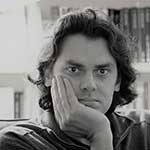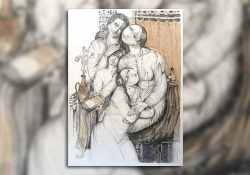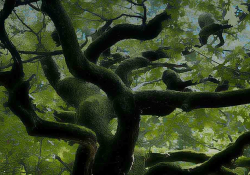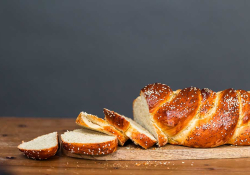Two Bilingual Poems from Spain
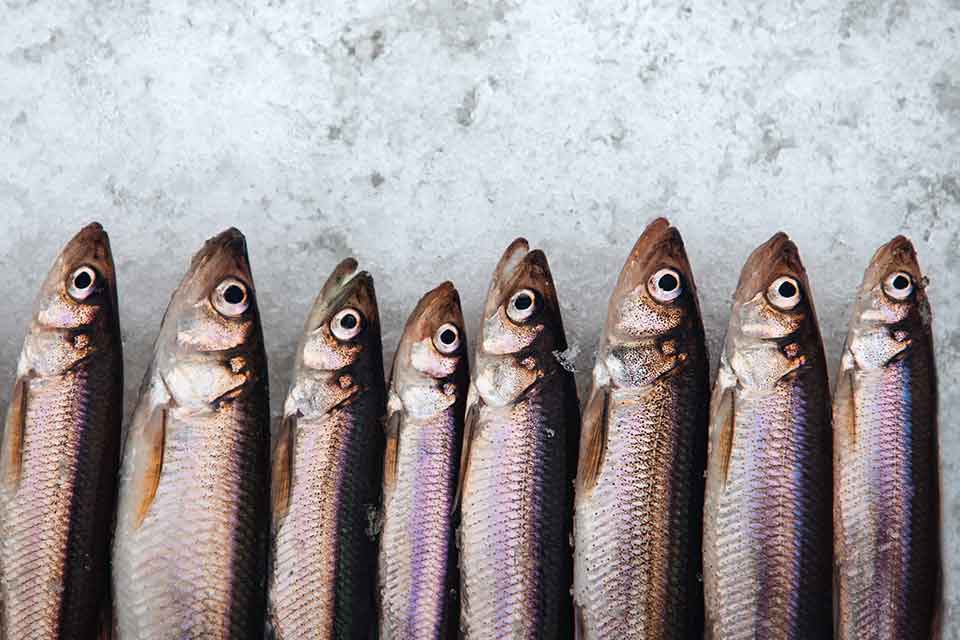
Assembly
Dear fellow carpenters and woodworkers,
I come with greetings of solidarity from the metaphysicians.
Among us the situation has also become untenable,
our members refuse to pay their dues.
From now on lyrical poetry no longer exists,
with your consent poetry
has decided to end all its operations this winter.
Don’t take this the wrong way,
but we’d still like to make one request of you,
my old comrades friends of trees
remember us when you sing The International.
Asamblea
Queridos compañeros carpinteros y ebanistas,
les traigo el saludo solidario de los metafísicos.
También para nosotros la situación se ha hecho insostenible,
los afiliados se niegan a se niegan a seguir pagando cuotas.
A partir de este momento la lírica no existe,
con el permiso de ustedes la poesía
ha decidido dar por terminadas sus funciones este invierno.
No lo tomen a mal,
pero aún quisiéramos pedirles una cosa,
mis viejos camaradas amigos de los árboles
acuérdense de nosotros cuando canten La Internacional.
McSonet
Who knows if Virgil already ate spaghetti, a simple curiosity
Pound was a compulsive lasagna eater, Montale addicted to mortadella
why even bring up Neruda, he almost consumed the planet
Borges contented himself with a small bowl of sour milk
of Saint-John Perse, we all know his fondness for Peking duck
Huidobro traveled the world with a pair of cows, what a guy
Vallejo barely nibbled a little bag of corn
Eliot adored fast food, it solved his lack of time
Verlaine could spend the day on a syrup crepe
Pessoa lunched on sardines, there’s no doubt about that,
San Juan Larrea and Gregory Corso were spiritual vegetarians
poets of every stripe have gobbled-up god alive
Dante still heats his soup in purgatory
Góngora sprinkles Quevedo over honey fritters
McSonet
Quién sabe si ya Virgilio comía espaguetis, simple curiosidad
Pound era compulsivo con la lasaña, Montale un adicto a la mortadela
para qué vamos a hablar de Neruda, casi acaba con el planeta
Borges se contentaba con un tazoncito de mala leche
de Saint-John Perse conocemos su debilidad por el pato lacado
Huidobro andaba con un par de vacas por el mundo, qué tío
Vallejo apenas con un saquito de choclos
Eliot adoraba la comida rápida lo que resolvía su falta de tiempo
Verlaine se podía pasar el día con un crepé de sirope
Pessoa almorzaba sardinhas, de eso no cabe ninguna duda,
San Juan Larrea y Gregori Corso eran espiritualmente vegetarianos
poetas de todas las condiciones se han comido a dios por los pies
Dante sigue calentando su sopa en el purgatorio
Góngora espolvorea Quevedo sobre los buñuelos de miel
Translations from the Spanish
Editorial note: From La casa roja (Madrid: Calambur, 2008).

